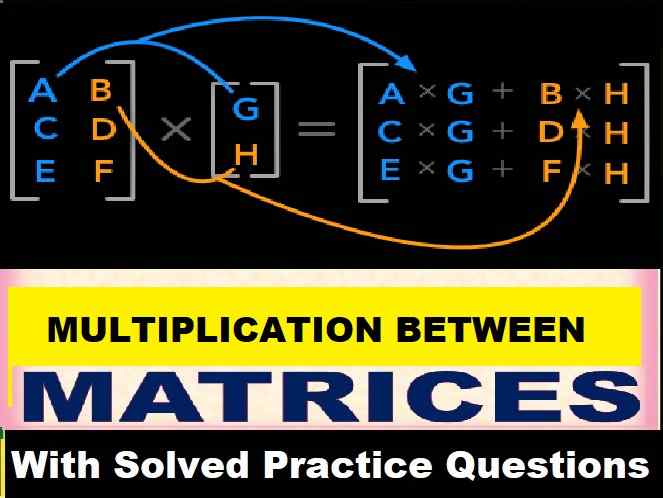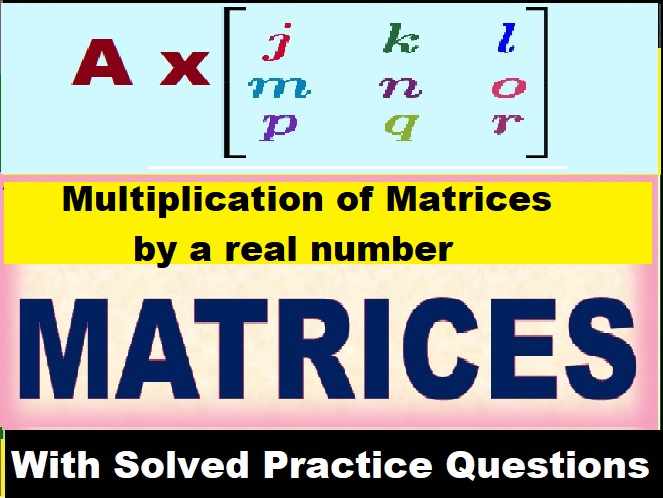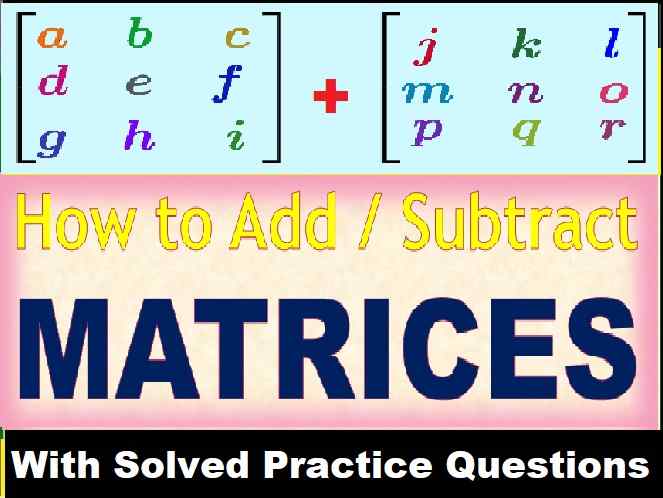ML Aggarwal Whole Number MCQs Class 6 ICSE Maths Solutions. We Provide Step by Step Answer of MCQs Questions for Whole Number as council prescribe guideline for upcoming board exam. Visit official Website CISCE for detail information about ICSE Board Class-6.
ML Aggarwal Whole Number MCQs Class 6 ICSE Maths Solutions
| Board | ICSE |
| Publications | Avichal Publishig Company (APC) |
| Subject | Maths |
| Class | 6th |
| Chapter-2 | Whole Number |
| Writer | ML Aggarwal |
| Book Name | Understanding |
| Topics | Solution of MCQs |
| Edition | 2023-2024 |
Whole Number MCQs
ML Aggarwal Class 6 ICSE Maths Solutions
Page-40
Mental Maths
Question 1. Fill in the blanks:
(i) A whole number is less than all those whole numbers that lie to its on the number line.
(ii) One more than a given whole is called its
(iii) There is atleast one whole number between two whole numbers.
(iv) 738 × 335 = 738 x (300 + 30 + ……..)
(v) If a is a non-zero whole number and a × a = a, then a = ……..
(vi) …….. is the only whole number which is not a natural number.
(vii) The additive identity in whole numbers is …….
(viii) …… is the successor of the largest 3 digit number.
(ix) Division of a whole number by ……. is not defined.
Answer :
(i) A whole number is less than all those whole numbers that lie to its right on the number line.
(ii) One more than a given whole is called its successor
(iii) There is at least one whole number between two non – consecutive whole numbers.
(iv) 738 × 335 = 738 x (300 + 30 + 5)
(v) If a is a non-zero whole number and a × a = a, then a = 1
(vi) 0 is the only whole number which is not a natural number.
(vii) The additive identity in whole numbers is 0.
(viii) 1000 is the successor of the largest 3 digit number.
(ix) Division of a whole number by 0 is not defined.
Question 2. State whether the following statements are true (T) or false (F):
(i) The successor of a one-digit number is always a one digit number.
(ii) The predecessor of every two digit number is a one digit number
(iii) The predecessor of a 3-digit number is always a 3-digit number.
(iv) The successor of a 3-digit number is always a 3-digit number.
(v) If a is any whole number, then a + a = 1.
(vi) If a is any non-zero whole number, then 0 ÷ a = 0.
(vii) On adding two different whole numbers, we always get a natural number.
(viii) Between two whole numbers there is a whole number.
(ix) There is a natural number which when added to a natural number, gives that number.
(x) If the product of two whole numbers is zero, then atleast one of them is zero.
(xi) any non zero whole number divided by itself gives the quotient 1.
Answer :
(i) False
(ii) False
(iii) False
(iv) False
(v) False
(vi) True
(vii) True
(viii) False
(ix) False
(x) True
(xi) True
Whole Number MCQs
ML Aggarwal Class 6 ICSE Maths Solutions
Page-40
Choose the correct answer from from the given four option (3 to 16) :
Question 3. The whole number which does not have a predecessor in whole number system is
(a) 0
(b) 1
(c) 2
(d) none of these
Answer :
(a) o
Question 4. The predecessor of the smallest 4-digit number is
(a) 99
(b) 999
(c) 1000
(d) 1001
Answer :
(b) 999
Question 5. The predecessor of 1 million is
(a) 9999
(b) 99999
(c) 999999
(d) 1000001
Answer :
(c) 999999
Question 6. The product of the predecessor and the successor of the greatest 2-digit number is
(a) 9900
(b) 9800
(c) 9700
(d) none of these
Answer :
(b) 9800
Question 7. The sum of the successor of the greatest 3-digit number and the predecessor of the smallest 3-digit number is
(a) 1000
(b) 1100
(c) 1101
(d) 1099
Answer :
(d) 1099
Question 8. The number of whole numbers between 22 and 54 is
(a) 30
(b) 31
(c) 32
(d) 42
Answer :
(b) 31
Whole Number MCQs
ML Aggarwal Class 6 ICSE Maths Solutions
Page-41
Question 9. The number of whole numbers between the smallest whole number and the greatest 2-digit number is
(a) 100
(b) 99
(c) 98
(d) 88
Answer :
(c) 98
Question 10. If a is a whole number such that a + a = a, then a is equal to
(a) 0
(b) 1
(c) 2
(d) none of these
Answer :
(a) 0
Question 11. The value of (93 × 63 + 93 × 37) is
(a) 930
(b) 9300
(c) 93000
(d) none of these
Answer :
(b) 9300
Question 12. Which of the following is not equal to zero?
(a) 0 × 5
(b) 0 = 5
(c) (10 – 10) + 5
(d) (5 – 0) + 5
Answer :
(5-0) + = 1
Question 13. Which of the following statement is true?
(a) 21 – (13 – 5) = (21 – 13) – 5
(b) 21 – 13 is not a whole number
(c) 21 × 1 = 21 × 0
(d) 13 – 21 is not a whole number
Answer :
13 – 21 is not a whole number
Question 14. Which of the following statement is not true?
(a) Zero is the identity for multiplication of whole numbers.
(b) Addition and multiplication both are commutative for whole numbers.
(c) Addition and multiplication both are associative for whole numbers.
(d) Multiplication is distributive over addition for whole numbers.
Answer :
(a) Zero is the identity for multiplication of whole numbers.
Question 15. On dividing a number by 9 we get 47 as quotient and 5 as remainder. The number is
(a) 418
(b) 428
(c) 429
(d) none of these
Answer :
(b) 428
Question 16. By using dot (•) pattern, which of the following numbers can be arranged in two ways namely a triangle and a rectangle?
(a) 12
(b) 11
(c) 10
(d) 9
Answer :
 (c) 10
(c) 10
Whole Number MCQs
ML Aggarwal Class 6 ICSE Maths Solutions
Page-41
Question 1. The height of a slippery pole is 10 m and an insect is trying to climb the pole. The insect climbs 5 m in one minute and then slips down by 4 m. In how much time will insect reach the top?
Answer :
In first 1 min, insect climb 5 metre, then slips down 4 metres.
so it climb 1 metre every 1 min, expect the last minute.
In the last min, it would cover all 5 metres and reach the top.
so keeping 1 min aside for last 5 metres.
Total distance to be
Covered is 10 m, in which we subtract the last 5 m for last climb. so to cover first 5m.
Time required = 5m x 1min = 5 min adding that last 1 min,
it takes 6 min to reach the top of a pole.
Question 2. Which is greater, the sum of first twenty whole numbers or the product of first twenty whole numbers?
Answer :
Sum of the first 20 whole numbers:
0 + 1 + 2 + 3 +…………………… 19 = 190
Product of first 20 whole numbers :
0 x 1 x 2 x 3 x 4 x ………………. x 19 = 0
Hence, sum of the first 20 whole numbers is greater than its product.
Question 3. If a whole number is divisible by 2 and 4, is it divisible by 8 also?
Answer :
May or may not.
Ex.
(i) 12, 20, 28, are the whole number which is divide by both 2 and 4, but is not divisible by 2, 4 and 8.
(ii) 8, 16, 24 are the whole numbers which are divided by 2, 4 and 8.
— : End of ML Aggarwal Whole Number MCQs Class 6 ICSE Maths Solutions :–
Return to – ML Aggarwal Maths Solutions for ICSE Class -6
Thanks


